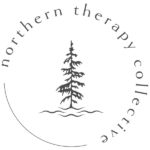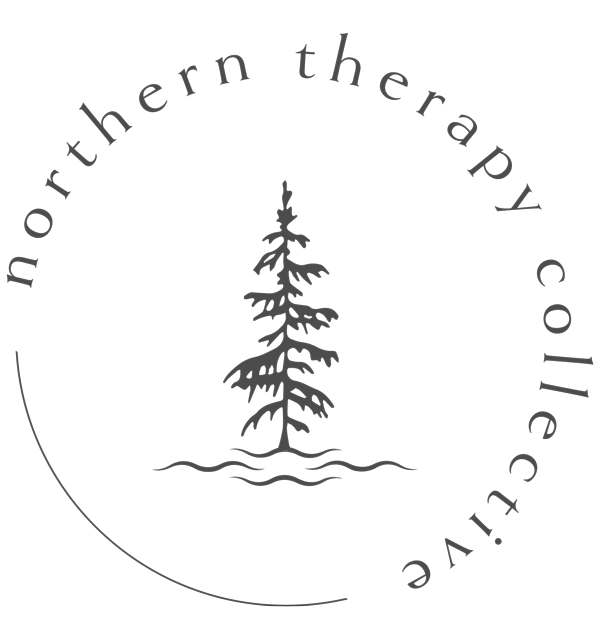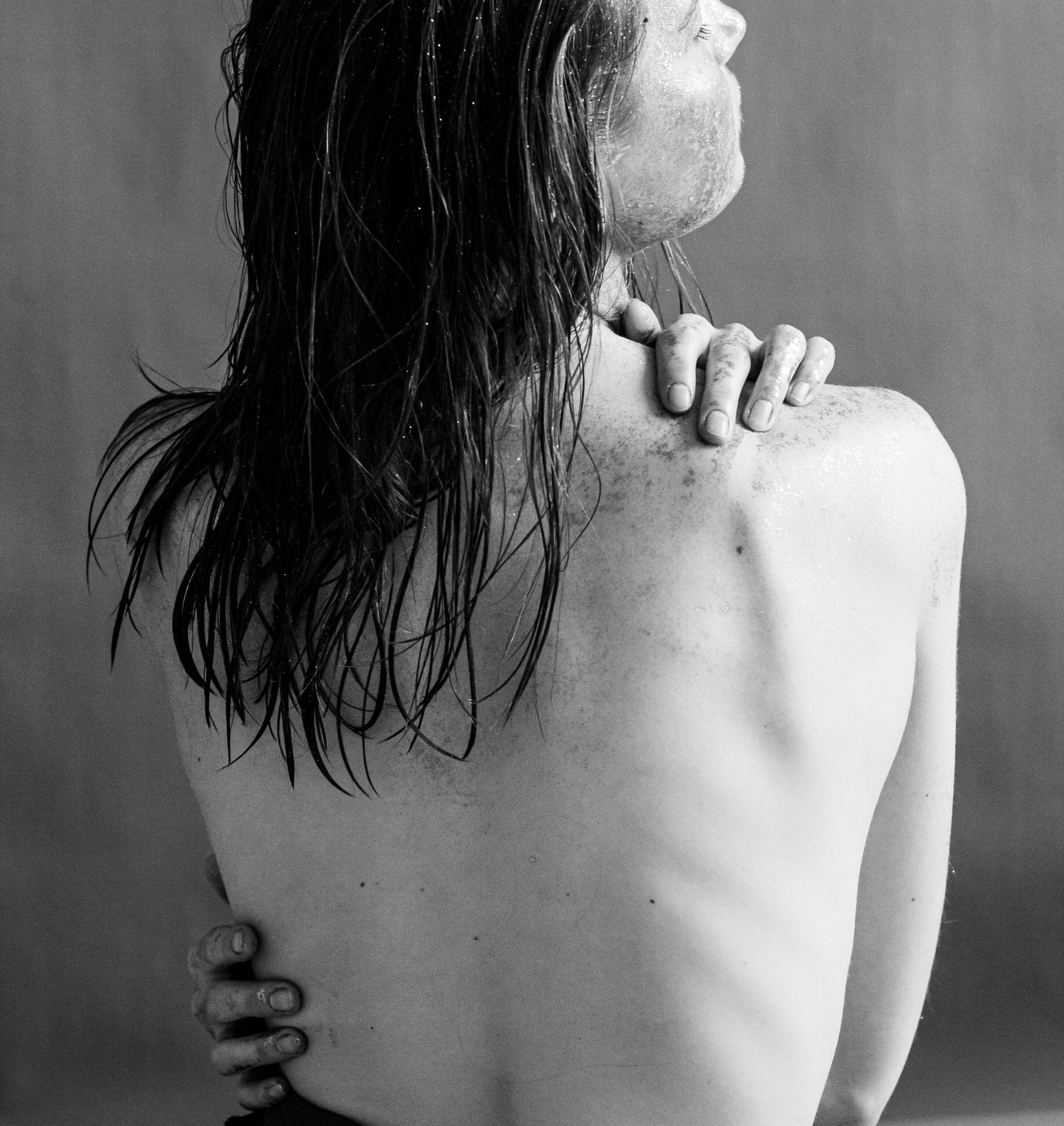Let’s Talk About What Self-Care Really Is
“Self-care” has certainly become one of those overly-used, watered down therapy words that we have lost the true meaning of. Somewhere, somehow, self-care has been conflated with bubble baths and chocolate. While it is true that these pleasurable parts of life truly can be forms of self-care, they do not define self-care at its core.
So, what is self-care actually?
Amanda White, author of “Not Drinking Tonight, a Guide to Creating a Sober Life You Love” (2022) has this to say about self care: “The truth is a lot of real self-care is really boring. It looks like going to the dentist when you don’t feel like going, saying no to a trip you cannot afford, turning off your phone, or drinking a glass of water. It’s not glamorous. It’s not about “treating yourself”, and most self-care is not something you can buy. It’s not selfish, and contrary to popular belief, you do not have to earn your right to practice self-care, just as you don’t have to earn your right to go to the bathroom or go to sleep each night” (pg. 133-134).
We couldn’t have said it better if we tried. Self-care is about taking care of yourself – and this includes in the most basic, necessary forms of care. Whether it’s nourishing your body with healthy foods when you need them, or getting extra sleep because your body needs more rest that day. Self-care is about truly paying attention to oneself and your needs in any current time, and then engaging in behaviors to support that care.

Types of Self-care
White highlights in her book that there are “eight types of self-care: emotional, mental, physical, spiritual, social, professional, financial, and environmental” (2022, p. 138). The point of identifying these categories is purely to help us understand how broad real self-care actually is. We’d like to break down the eight categories White reviews in her book (White, 2022). It is important to remember that as we go through each category, what you need is unique to you (hence the “self” in self-care). What works for one person, may not work for you. As we review each category, think about yourself specifically, and what would help fill your cup on days that that category may be lacking for you.
(1) Emotional
- This category focuses on taking care of your emotional health. This can include things like expanding your understanding and awareness of your own emotions, taking space/time to process difficult or uncomfortable emotions, setting boundaries to protect and respect your emotions, and practicing self-compassion rather than beating yourself up for the emotions you experience (White, 2022, p. 139).
(2) Mental
- Mental self-care involves engaging in behaviors that challenge yourself and expand your mental capacity. It can include things like learning a new skill, exploring a new place, painting/drawing/sculpting, engaging in mindfulness, journalling, engaging in a meaningful conversation (White, 2022, p. 140).
(3) Physical
- This category is the one people are most aware of – it involves taking care of your physical body and self. This is where the bubble bath or piece of chocolate enters the conversation. Self-care of your physical self involves doing things to care for yourself physically – resting, drinking water throughout the day, attending doctor’s appointments, going for a walk, eating a special meal, or stretching and moving your body (White, 2022, p. 141).
(4) Spiritual
- Spiritual self-care involves taking care of yourself in ways that will fulfill you spiritually. While this may be religion for some, for others it may look like connecting with community, culture or nature. Other examples may be volunteering, meditating, joining a community group, or reading a spiritual magazine/article/book (White, 2022, p. 141-142).
(5) Social
- White (2022) identifies social self-care as “one of the most important types of self-care” (p. 141). This category helps us to “meet our need for connection, self-esteem, exploration (as we meet new friends), and love” (White, 2022, p. 141). She also advises that while social media is readily accessible to most these days, that in-person connection is far more fulfilling (p. 141). Examples of social self-care include scheduling a phone call with a friend, spending time with loved ones, going to a social space like a shopping mall or grocery store, sitting in a café and noticing others around you, or taking your dog to the local dog park.
(6) Professional
- Professional self-care involves enhancing your care of self as relates to your career and professional life. Taking care of yourself professionally can include activities such as ensuring you take your scheduled lunch breaks, setting boundaries with co-workers, engaging in trainings and events that enhance your professional ability, being punctual and engaging in your career in a meaningful way (White, 2022, p. 142).
(7) Financial
- Financial self-care involves engaging in behaviours that will support a life of financial well-being. It can include things such as paying your bills on time, budgeting, unsubscribing from emails that promote unnecessary shopping, using coupons or resources available to you, being mindful of choices you make with money every day (White, 2022, p. 143).
(8) Environmental
- Last, but certainly not least, environmental self-care involves taking care of your environment or the spaces around you. If the spaces you occupy most (your house, your car, your office) are cluttered and in disarray, this has a direct impact on your overall health and wellbeing. Ways to support your environmental self-care habits includes decluttering, engaging in regular cleaning/tidying, decorating your space in a meaningful way for you, washing your bed sheets, incorporating art/plants/family pictures or anything of meaning to you to your common spaces (White, 2022, p. 143).

Our goal in writing this blog was not to diminish the bubble bath (and certainly not the chocolate!), but rather to expand our understanding and knowledge of what self-care really is. We hope that you can take the information and evaluate for yourself what areas of your life could use more self-care and attention. Depending on the day, time of year or stage of life you’re in, certain categories of self-care may require more of your energy.
So go ahead and take the bubble bath, but also make sure you’re connecting with friends, scheduling those dentist appointments, and decluttering your space. All these and more, are so important in the true care of yourself.
Source: White, A. E. (2022) Not drinking tonight: A guide to creating a sober life you love. Hachette Book Group, Inc.






